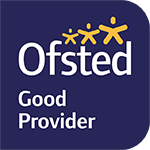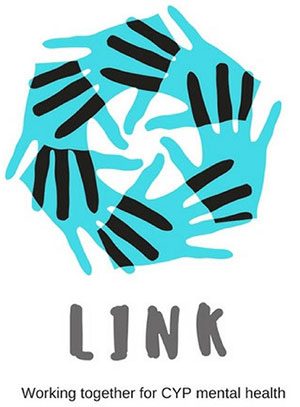Vision
“I can do all things through Christ who strengthens me.”
Philippians 4:13
Our curriculum is driven by the need to prepare our children for lifelong learning as citizens of the 21st Century and part of the World Community.
At Moorlands we have sourced a variety of curricula to deliver a broad and balanced programme for all learners which will be rich, vibrant and ambitious for all.
Through our curriculum, we develop the essential knowledge, skills and understanding which are the building blocks for later life. Our curriculum encompasses not only the formal requirements of the National Curriculum, but goes beyond the experiences of the classroom to ensure that our children are exposed to the richest and most varied opportunities that we can provide. We are focussed particularly in expanding the horizons of all learners to enable them to understand both their place in the wider world but also what opportunities are available to them in a diverse and multicultural world community.
At Moorlands this is achieved through a range of curricula;
- A creative and child initiated early years curriculum prepares children for Key Stage 1
- An ambitious primary curriculum for a range of subjects, rich in knowledge and skills, logically sequenced.
- The English curriculum is built around the Moorlands Reading Spine which has texts specifically chosen to broaden childrens’ horizons, the Talk 4 Writing approach and Read, Write, Inc
- Mathematics is delivered through White Rose Maths which aims for all children to become fluent in the fundamentals of mathematics, to be able to reason and to solve problems.
- Other subjects are delivered through high quality curricula that have been identified by the school.
Aims
It is our aim that by the time a child leaves Moorlands they will:
- Have been immersed in a high-quality learning experience that prepares them to be 21st Century Citizens.
- Developed an understanding of the wider world, expanding their horizons in order to understand what it means to be part of the World Community
- Have experienced a broad and balanced curriculum which is ambitious for all. A curriculum which is exciting, relevant, meaningful and responds to the needs of the individuals within our learning community, enabling them to shine academically and flourish socially, emotionally, morally and culturally
- View the curriculum through the prism of or Core Values; Respect, Responsibility, Honesty, Compassion, Resilience and Belief, together with the British Values of individual liberty, mutual respect, democracy and the rule of law
- Have developed a positive attitude towards learning
- Have made the best progress that they can and not had any limitations placed on what they can achieve
- Be, not only literate, numerate and well-rounded, but also collaborative, creative and reflective
- Have been supported by our Core Values which rejoice both in what it is to be a citizen of the world and also what is to be part of a school community with a deep and tangible Christian soul
Curriculum Organisation
Our curriculum is organised sequentially so that children build on previous learning from within the unit of work being studied and also from previous units. Further details of how the curriculum is organised can be found below.
INFORMATION ON THE NEW CURRICULUM TO FOLLOW
Pedagogy
The word ‘pedagogy’ originates from the Greek word ‘paidagōgia’, meaning attendance at education. Today, it is commonly understood to mean ‘the art of teaching’ and how these decisions impact on the learner. Put simply, it is the ‘how and why’ of what your child’s class teacher does every day.
Our Pedagogical Approaches
It is widely understood that there are two main types of pedagogical approach used to deliver a curriculum to children; traditional and progressive.
Traditional
A traditional pedagogical approach is teacher centred and focuses on delivering core knowledge rather than skills to the children through a structured series of lessons.
Progressive
A progressive pedagogical approach is more child centred and allows children to play an instrumental role in their learning. The focus is often weighted towards the teaching of key skills and takes a more fluid ‘child led’ approach.
At Moorlands, we advocate a mix of these pedagogical approaches within all subject areas over time. We know through experience, that our children often respond more positively to the structure of the traditional approach. It gives them a sense of order and safety. We also recognise that where children lack key life skills or experiences, a child-led approach can leave them floundering for direction as they have less cultural references to build upon. However, the skills required for a progressive approach are of vital importance for children’s future success. Children need to build resilience, cooperation, imagination and creativity. They need to expand their horizons to fully understand their place in the wider world and this is supported through exposure to high quality diverse texts and resources . Our teachers carefully plan in these opportunities across the curriculum




